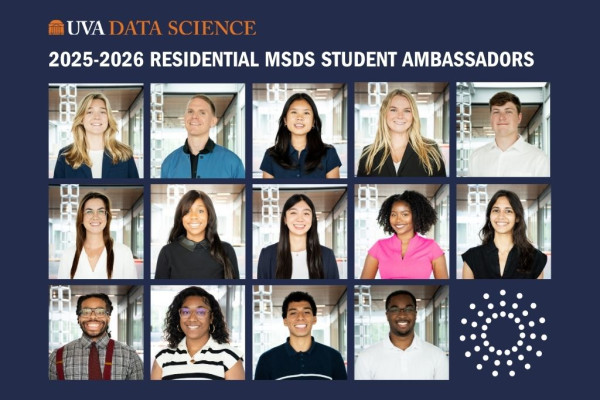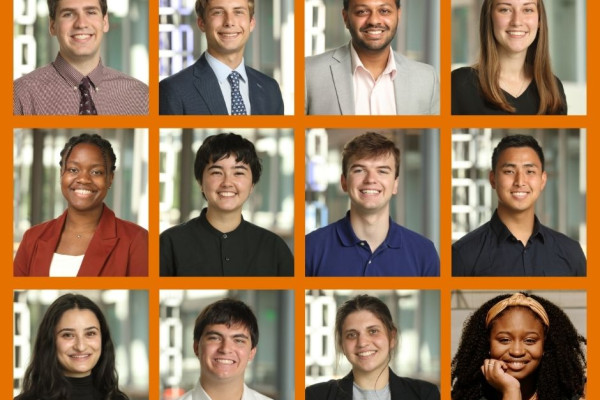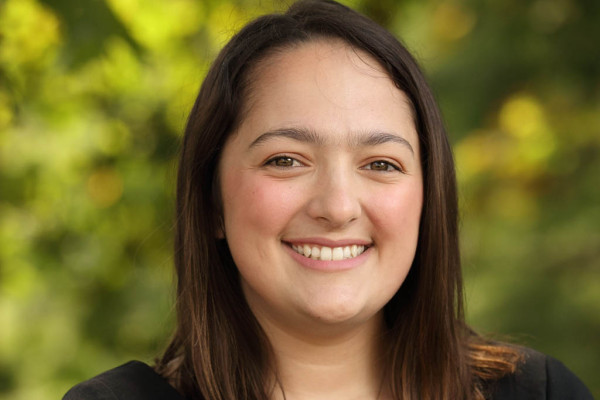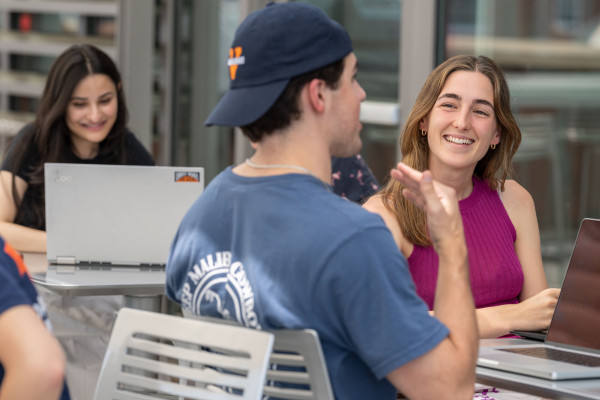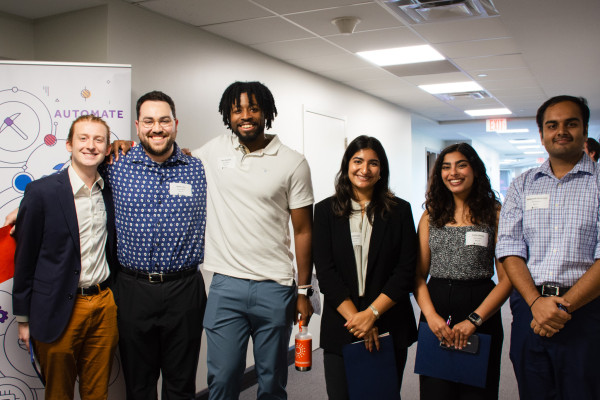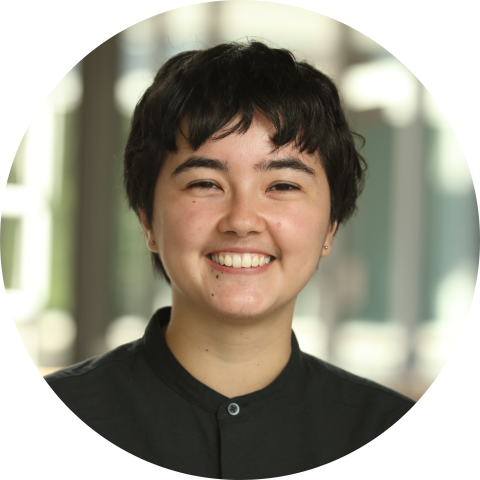
From Policy to Prediction: A Shift to Data Science

Choosing a major is no easy task. During undergrad, I was required to choose a major before starting my first semester. I was not really sure what I wanted to major in, except that I did not want to study business. Naturally, I chose based on my interests. I decided to go with political science since I was engaged in politics and advocacy during high school.
I thoroughly enjoyed my classes; my concentration was in civil rights, so I learned a lot about constitutional law, the Supreme Court, and women in American politics. I thought more about what I would do after graduation and set my sights on attending law school. Long story short, I changed my mind after talking to my mom’s lawyer friends. I felt like the time and financial commitments were not worth it, and I was worried about going into a profession that would potentially compromise my mental health.
Later on, I did some more research about other career avenues in political science. I also did an internship at the Virginia General Assembly. While my supervisor was amazing and flexible with my class schedule, I could not see myself working as a legislative assistant.
I went through a long period of uncertainty when I was trying to figure out what I wanted to do for a living. After some heavy introspection, I decided to pursue a dual degree in statistics. I took a Gen-Ed statistics course and learned that I am passionate about using numbers to make inferences about the past — and predictions about the future.
I spoke to one of my professors about job prospects and learned that statistics majors get hired as statisticians and data scientists in pretty much any industry or government agency. I did some more digging to find that data scientists earn high salaries.
I spent a lot of time watching "Day in the Life" videos of data scientists on YouTube. In doing so, I discovered that data science is extremely interdisciplinary and that it is starting to be incorporated into fields such as political science.
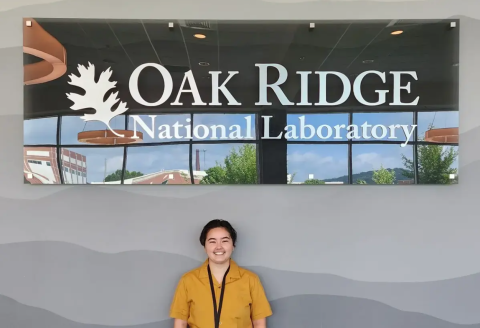
After a few more semesters, I landed a summer internship at Oak Ridge National Laboratory. I was tasked with creating a model to evaluate the risk of transporting radioactive materials within a specific region of interest. The project was a major success, and I truly found my niche — using data science to solve problems in nuclear nonproliferation. I was also able to get my internship extended through the following school year, which was the cherry on top!
With graduation around the corner, I was deliberating over attending graduate school versus finding a job. I spoke to my mentors about a possible career at the lab and they were very receptive but emphasized that I would need a graduate degree. I applied and got accepted to a few graduate programs in statistics and data science, and ultimately decided on the M. S. in Data Science program at UVA. I was drawn to the school’s inclusive values and the fact that it is a one-year program. In addition to my desire to work in the national lab system, I felt that a master’s degree in data science would open more opportunities and help me expand my applied computing skills.
All of this is to say: I highly encourage everyone to explore data science, whether you are questioning your life choices or not! Data science holds so much value in driving meaningful change. Many non-STEM majors are averse to the math and programming sides of data science, but it overlaps with every single field of study.
